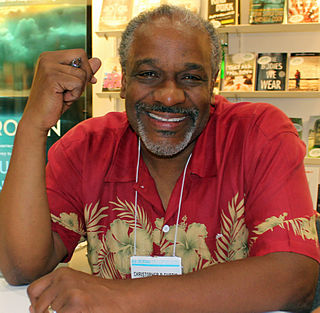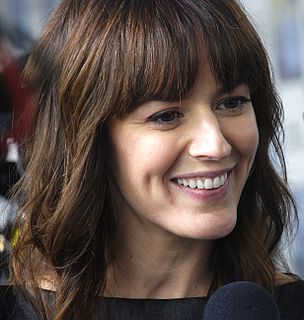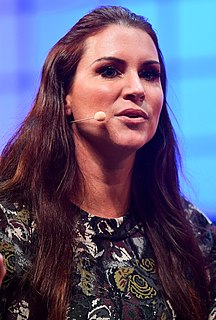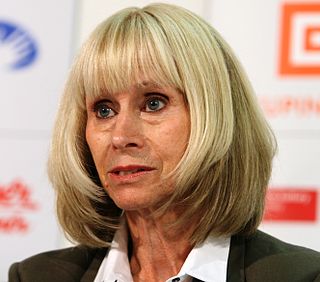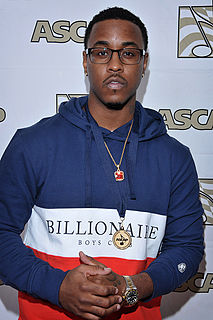A Quote by Rachel Sklar
I wrote small stories here and there, then bigger ones. Some were even written for money. I signed up for a writing class and snuck my first assignment on a yellow legal pad in a partner's office while he read through my memo.
Related Quotes
I realized you might make money at writing, and you might even make a living at it. So after that I didn't write stories just for the class but wrote them for the purpose of submitting them somewhere, and at some point in the process, I began writing them just to please myself and that's where you begin to see the real value of a life of writing.
I try to make the writing as regular and regimented as possible. I usually get up at around 5 a.m. and read what I wrote the day before. Some of the time, after I read, I think the writing's very good and some of the time I feel embarrassed by what I've written. You have to learn not to pay too much attention to these feelings.
THE WRITER can get free of his writing only by using it, that is, by reading oneself. As if the aim of writing were to use what is already written as a launching pad for reading the writing to come. Moreover, what he has written is read in the process, hence constantly modified by his reading. The book is an unbearable totality. I write against a background of facets.
I started a writing class, not in service of writing a script or writing anything specific. I've just really been enjoying that, and oddly the group, not by design, but it just happened to be all women, and there were three women who gave birth this fall while we were all in class, and there's just something really great about getting to know these women through their stories and what they're writing about.
Once I graduated college, I did a couple of different sort of unique internship positions, if you will. I spent three months in my mother's office, who was then the CEO of our company, and I really got to just sit in every meeting that she had, and I would write down questions on a yellow legal pad.
A lot of times, I relied on connections through my agency, just for financing and things like that. Even when I'm looking for a million and a half dollars to do a small film, there can always be hold-ups, because it's a large amount of money for some people, and it's a small amount of money for other people. In any case, it's significant enough to where you have to jump through a lot of hoops to get it to happen. Sometimes, the people who are helping you can drop the ball. And, of course, the reason agents want you to do bigger projects is that they make a bigger cut.
Woodfall wasn't deliberately telling working-class stories, but John Osborne and other writers who were involved with them were writing those stories, which had never really been written before. The working-class person always had to have an accent before, was often a joker, and peripheral. At Woodfall, they were driving the film.
I was a lot dumber when I was writing the novel. I felt like worse of a writer because I wrote many of the short stories in one sitting or over maybe three days, and they didn't change that much. There weren't many, many drafts. That made me feel semi-brilliant and part of a magical process. Writing the novel wasn't like that. I would come home every day from my office and say, "Well, I still really like the story, I just wish it was better written." At that point, I didn't realize I was writing a first draft. And the first draft was the hardest part.



